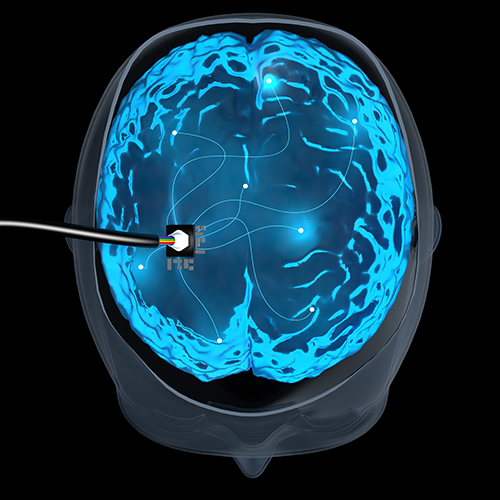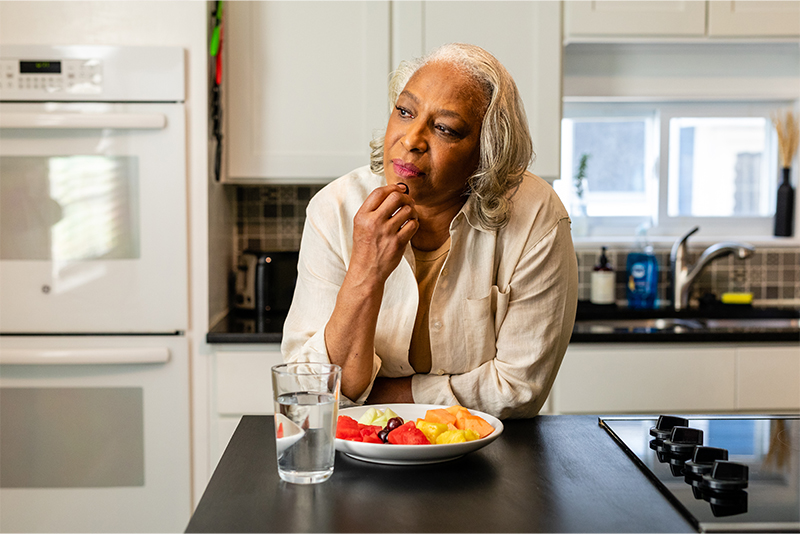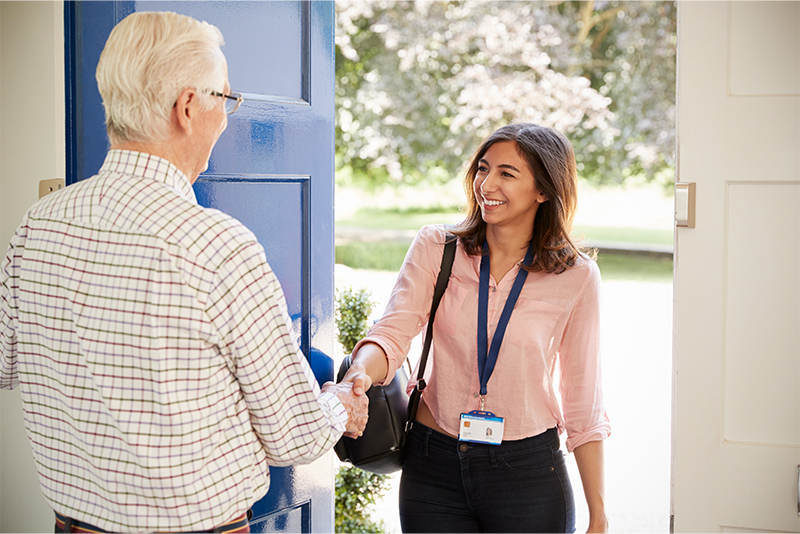Innovative Advances in Stroke Recovery Show Early Promise


An innovative new stroke recovery therapy holds promise for restoring mobility.
In an innovative, ongoing trial, deep-brain stimulation – more commonly used for Parkinson’s patients – has recently been tested on stroke survivors. Physicians are hoping that the end result associated with the deep-brain stimulation treatment – which involves implanting an electrode to stimulate a particular portion of the brain – will restore mobility in stroke recovery patients and place an end to the paralysis that so many often experience after a stroke, making the future of home care for stroke patients look much brighter!
To be able to comprehend how a stroke hinders normal brain activity, Laurie Ann Bonkoski, a speech therapist, compares a stroke to a home whose front door has unexpectedly become obstructed by a fallen tree. In her studies, she’s determined to sidestep that obstruction and access several other pathways to help bring back the maximum amount of functionality to the patient.
To generate new neural pathways, Dr. Andre Machado of the Cleveland Clinic, implanted the first deep-brain stimulating electrodes into a stroke patient as the initial step in this clinical human trial. After recovering from surgery, the electrodes were turned on and researchers have seen acceleration in the rate of recovery from the stroke patient. While the long-term impacts of deep-brain stimulation on stroke patients is still being studied, the clinical trial provides hope that this therapy can be utilized for various other conditions. University Hospital neurosurgeon Jennifer Sweet shares, “People are studying the benefit of this for addiction; we know that it can be effective in obsessive compulsive disorder, it’s been used to treat Tourette’s; it may even be an option for anorexia or obesity or hypertension.”
Hired Hands Homecare, providing home care in Santa Rosa, CA and the surrounding area, is committed to keeping up-to-date on the progress in this exciting research. In the meantime, if you have a family member who’s suffered a stroke, learn how we can help with in home care needs. Email or give us a call at (866) 940-4343 for in-home care assistance that can help not only with care needs, but improve quality of life. We are able to help out in the following ways:
- Planning and preparing nourishing meals along with any prescribed dietary plan
- Helping with light housekeeping and laundry
- Performing a safety evaluation of the house to decrease fall risks
- Providing escorted transport to medical care appointments or other outings
- Picking up medications and running errands
- And much, much more








Leave a Reply